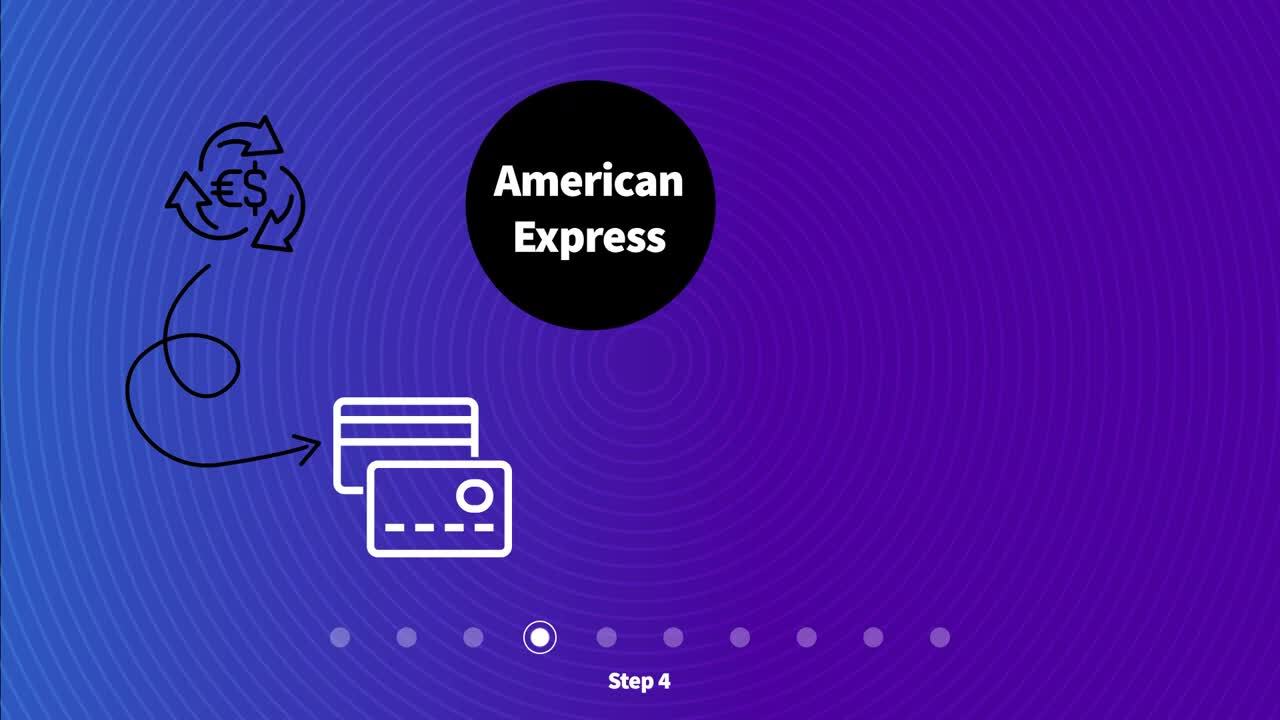Understanding the cost of credit card processing solutions is important for all credit card processing merchants. The merchant service industry has developed over the years, a unique system and language. This language is bandied about by merchant service salespeople and too many credit card processing merchants nod knowingly either in an effort to avoid appearing unaware, or to expedite their escape from the sales pitch. Unfortunately, not understanding the terms can cost credit card processing merchants dearly.
The merchant fees associated with processing and the terms describing those fees are common among most processors. The terms may have slightly different meanings depending on the processor. Some processors prefer to use sweet sounding or powerful words to denote a cost, but the cost is still a cost by any name to the credit card processing merchants. Credit card processing merchants should make themselves aware of the following typical costs and terms for those costs used by the top credit card processing companies.
The discounts rate is the fee that a merchant’s bank (the “acquiring bank”) charges the merchant. The discount rate includes the interchange rate which the “acquiring bank” pays a customer’s bank (the “issuing bank”) when merchants accept cards. In a transaction, the purchaser’s bank receives the interchange fee from the seller’s bank. The purchaser’s bank then pays the seller’s bank and processor the amount of the transaction. The discount rate plus any transaction fees is then collected from the merchant by the acquiring bank.
Interchange-plus pricing is too often an uncommon rate alternative offered to merchants. However, it may be the wisest choice of pricing available to aware and knowledgeable merchants. This rate is simply put, a fixed markup plus the actual processing charges. This equates to actual costs of interchange (cost of processing) plus small fixed profit for the processor. This pricing is far less confusing
The qualified rate is the lowest possible rate paid for credit card transactions by credit card processing merchants. They are charged for regular consumer credit card (non-reward, etc.) transactions that are swiped on-site; a signature is collected, and batched within 24 hours of the transaction. The qualified rate is the percentage rate charged to credit card processing merchants for “standard” transactions. The definition of a “standard” transaction may vary depending on the processor.
The mid-qualified rate is charged for some of those transactions that do not merit the “qualified rate.” This rate is sometimes called the partially qualified or mid-qual rate. Credit card transactions which do not qualify for the “qualified rate” may be keyed in rather than swiped, the batch may not be settled within 24 hours, or the card used is not a standard card, but a rewards, foreign, or business card for example.
The non-qualified rate is applied to all transactions that do not meet qualified or mid-qualified standards. The non-qualified rate is the highest rate charged to credit card processing merchants for credit card transactions. This rate may be applied on the conditions that the card is not swiped, address verification is not sought, rewards, business, foreign etc. cards are used, and the merchant does not settle the batch within 24 hours of the initial transaction.
Merchants who accept credit cards must accept all types of credit cards carrying the brands they agree to accept. In other words, despite the fact that reward cards are charged the higher rates, merchant who accept the standard card for a brand, must accept the non-standard form of that branded card. For example, a merchant who accepts Visa® credit cards, must accept Visa ® reward cards.
There are many types of fees charged by processors and banks that are commonly found on processor statements. Many of these fees are fixed costs within the industry, and are charged across the board to merchants. Many more fees are charged to merchants depending on the size and type of merchant, or more significantly, the whim of the bank and processor’s salespersons. Some charges are assessed every day, every month, some assessed per event, and some are annual fees.
Settlement or “batching” charges occur almost daily. A “batch fee” is charged upon settlement of terminal transactions. In order to minimize transaction fees, merchants should settle their batches within 24 hours after the transaction. For most merchants, this means daily. For other, such as those who sell product at craft fairs, and special events, this could occur less frequently, however their batches should be settled within 24 hours as well. The batch fee is nominal, ranging from $.10 to $.35 per settlement.
Normal monthly fees may have different names, but the charge is fairly standard throughout the payment card processing industry. Monthly minimum fees are charged to merchants as a floor for monthly charges. If the merchant does not earn equal to or more than the monthly minimum, they pay at least the monthly minimum fee. It is the least a merchant will be charged per month for accepting credit cards. Monthly minimums typically run from $15 to $50 per month.
Statement fees are monthly charges, and are exactly like bank statement fees, in that they detail the processing of the month. This includes the total dollar volume, the number of transactions, average ticket amount, among other useful data. Statements fees range from between a flat rate $10 to $25. Many processors offer online data viewing along with monthly statements. Processor frequently charge from $2 to up to $10 for this online service.
There are monthly fees that merchants should simply not pay. Depending on your business, it is probably best to avoid the additional warranty plans for credit card terminals, and rarely is it advisable to lease a terminal and incur long term monthly lease fees.
Gateway fees are normally charged monthly. E-commerce merchants, those using payment gateways, and off-site merchants and service providers, those using wireless gateways are charged for their authorization services by the gateways. These service fees may be charged through their processors on a monthly basis to simplify payment. The monthly fees range from $5 to $100 per month with a per transaction cost of $.05 to $.10.
Retrieval fees, chargeback fees, ACH rejection fees are charged per event, and many times those events can be avoided. Retrieval fees occur when a customer disputes a transaction. Upon complaint a retrieval request is initiated by the card issuing bank. This retrieval request letter demands all sales invoices and documentation of the transaction. This retrieval request is the initiation of the chargeback process. The merchant is charged for the request usually $15.00. Chargeback fees are charged to a merchant by the acquiring bank. The $35 fee is normally charged to the merchant in the case when a chargeback claim by a purchaser is successful. The ACH rejection fees are much like a bounced check fee. They are charged to a merchant when there are non-sufficient funds to cover monthly expenses.
Top credit card processing companies do not charge annual fees, reprogramming, or set-up fees. Many sub-contracting salespeople will tack on these fees, but offer lower interchange rates. Cancellation fee are an acceptable demand by processors, however they should be low and fixed fees, typically $250 to $350. The merchant should be aware of cancellation fees prior to signing a contract with a processor. Avoid acquirers who charge variable cancellation fees. Top credit card processing companies will do everything in their power to satisfy merchants, and avoid cancellation of the merchant service contract.
Be aware of the hidden costs. A salesperson may offer unbelievably low rates, all the while charging unnecessary monthly charges. Many merchants seem to be paying far too much for debit services, which is simply due to the fact that it is becoming very popular and the merchant does not understand the real costs of debit payment due to the low associated risk. Another profit generating tactic by salespeople that can be avoided is the leasing of terminals. Merchant can and should avoid leasing equipment, as the cost of terminals has decreased so much in recent years.
Based on experience, too many merchants have limited or almost no understanding of the merchant service industry and associated costs of processing credit cards. Merchants armed with information can increase revenues and decrease costs by accepting credit cards properly. Training employees in appropriate payment acceptance can decrease the costs of transactions through lower interchange rate qualification.


